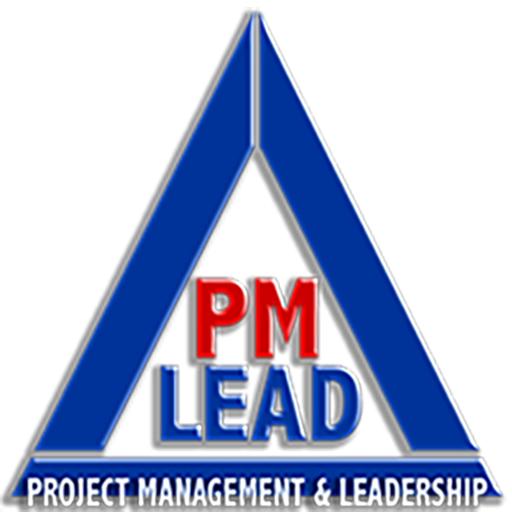This first step to get any PMI® certification or to become a PMI® member is to agree and follow…

— All PMI® members
— Non-members who hold a PMI® certification
— Non-members who apply to commence a PMI® certification process
— Non-members who serve PMI® in a volunteer capacity.
The most important values to the project management community fall within the following five characteristics:
PROFESSIONALISM
— Maintain high standards of integrity and professionalism.
— Adhere to legal requirements and ethical standards.
— Protect the community and your stakeholders.
— Share lessons learned, best practices, research, etc.
— Improve yourself; improve the quality of project management services.
— Build the capabilities of your colleagues and enhance individual competencies.
— Interact with team and stakeholders in a professional and cooperative manner.
— Balance stakeholder’s objectives.
— Accept responsibility for the actions.
— Encourage others in the profession to act in an ethical and professional manner.
— Improve your competencies as a project manager.
— Perform self-assessment and competencies development plan.
RESPONSIBILITY
— Make decisions based on the best interests of society, public safety, and the environment.
— Accept only those assignments that are consistent with your background, experience, skills, and qualifications.
— Accept accountability.
— Protect proprietary or confidential information.
— Do what you promised to do.
— Report any unethical or illegal conduct to appropriate management members.
RESPECT
— Respect personal, ethnic, and cultural differences.
— Avoid engaging in behaviors might be considered as disrespectful.
— Understand others’ point of view.
— Approach directly those persons with whom you have a conflict or disagreement.
— Do not act in an abusive manner towards others.
— Respect the property rights of others.
FAIRNESS
— Practice with fairness and honesty.
— Strive for a fair solution.
— Ensure transparency in your decision-making process.
— Reexamine your impartiality and objectivity on a constant basis, and take corrective actions as appropriate.
— Provide equal access to information to those who are authorized to have that information.
— Make opportunities equally available to qualified candidates.
— Do not hire or fire, reward or punish, or award or deny contracts based on personal considerations, including but not limited to, favoritism, nepotism, or bribery.
HONESTY
— Be truthful in our communications and conduct.
— Provide accurate information in a timely manner.
— Provide accurate and truthful representation to the public.
— Negotiate in good faith.
— Make commitments and promises, implied or explicit, in good faith.
— Strive to create an environment in which others feel safe to tell the truth.
— Avoid conflict of interest or appearance of impropriety
Click here to download the pdf file

